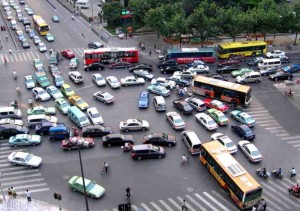A few months ago I was at a bar with friends visiting me in Hong Kong. I had just left work for this sabbatical. I was then (as I remain) cautiously optimistic about my decision to take a sabbatical. I was talking with a random stranger at this bar. I told him my position. And he said the following: “the problem with you Americans is that you have no gap year.”
So much of the civilized world takes breaks after college or between other big life changes. Americans generally stitch different phases of life together tightly without a pause. Then we hit our midlife and wonder how we got there.
I know how lucky I am to enjoy this sabbatical. Not many people can try the same. But I suspect the benefits of a gap year apply to smaller projects and changes, too.
We find ourselves on ladders placed in front of us at a young age. We climb the ladder daily trying to improve our lives and those of our loved ones. But we rarely step away and ask if we are on the right ladder. Our actions became habit. And our habits allow us to sleepwalk through the same program day after day.
How often do you take a different route to work? When did you last participate in a hobby or activity that was radically different from your previous activities? Have you ever told a sushi chef to bring his best food without offering any suggestions or limitations on his decision? These little breaks in behavior and changes in habits can open our eyes and minds to new possibilities. And, indeed, nurturing a habit of change can become part of our character.
Having a gap in our lives to ask about the last 10 things we did helps us think of the next 10. But the gap need not be a year. It could be a moment behind the wheel at an intersection. A minute in a park considering our destination. My sabbatical is going to come to an end. But I hope my ability to step back and see the big picture remains.


